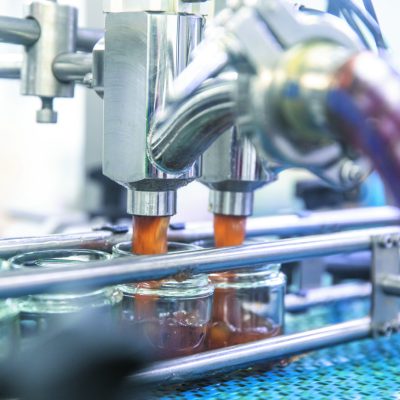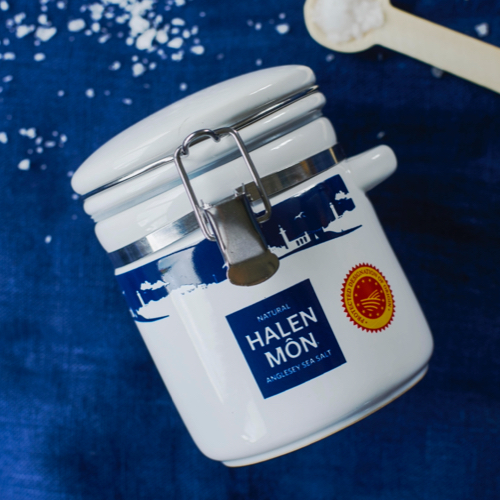
Halen Môn
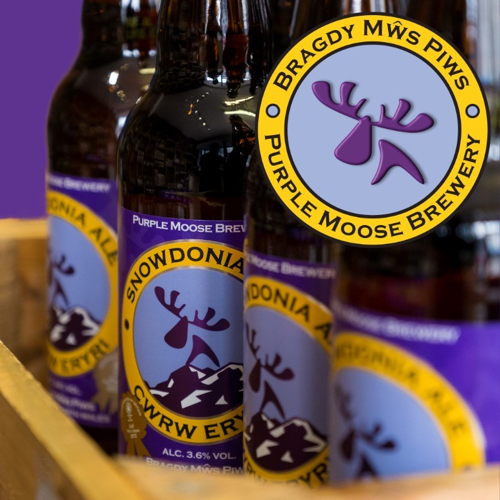
Purple Moose Brewery
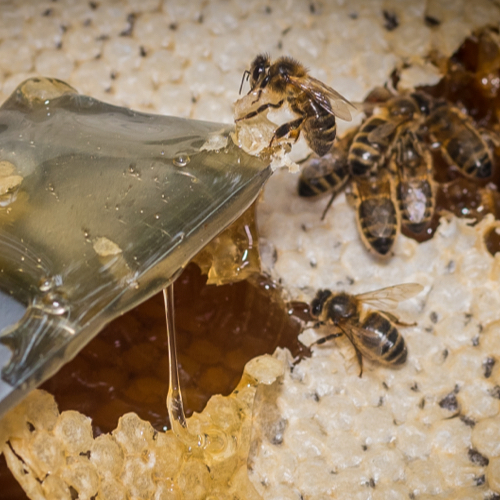
Cilgwenyn Bee Farm
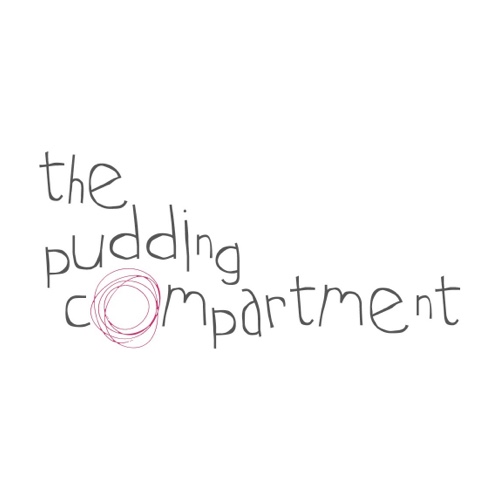
The Pudding Compartment
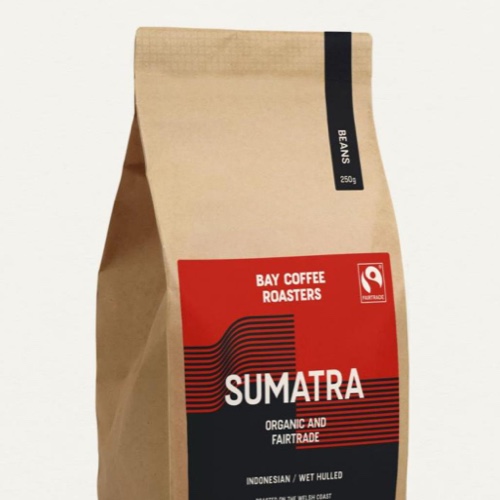
Bay Coffee Roasters
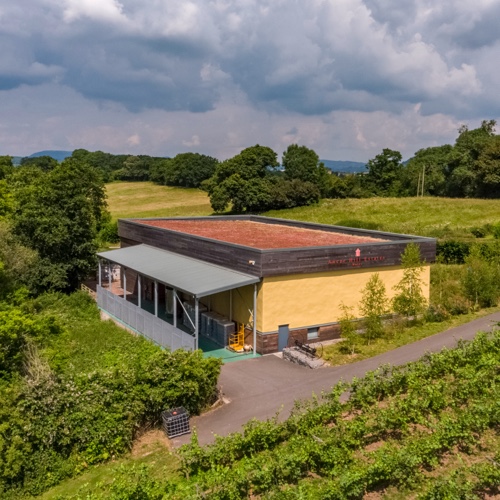
Ancre Hill Estates

Anglesey Sea Salt / Halen Môn
Founded in 1997 by Alison and David Lea-Wilson, the company remains family owned and has succeeded in developing and maintaining a sustainable, successful business which employs local people, underpinned with environmental and educational principles whilst also attracting tourists to a rural, coastal area of Wales. The business champions its staff and is committed to paying above the Living Wage and providing professional, social and wellbeing support. Its business culture is very important to the team.
Halen Môn is committed to driving the business forward towards a more sustainable future as it moves closer to its objective of zero to landfill every year by applying the principles of ‘Reduce, Reuse and Recycle’ to all waste and co-products.
Having recently achieved B Corp status after demonstrating the highest social and environmental standards, Halen Môn are using this as a benchmark for ongoing progress, looking at improving practices from their energy consumption to waste recycling, and encouraging their staff to take an active part and apply what they do at work, at home.
Following accreditation they have taken on a new General Manager, and a large part of their role will be to help improve working practices.

Purple Moose Brewery
Purple Moose Brewery is based in the harbour town of Porthmadog in north Wales, and produces a whole range of different beers in cask and bottle and keg.
It began its journey into sustainability and decarbonisation during the Covid 19 pandemic when the brewery had some time to take a step back and look at the bigger picture to see sustainability as one of the key elements where it wanted to take its business forward.
The feasibility study via the Welsh Government assisted Purple Moose Brewery to really highlight some key areas that it could make changes like the installation of solar panels, better insulation on some of the brewing vessels and things like moving over to electric vehicles, whether that be the delivery vans or the forklift truck.

Cilgwenyn Bee Farm
Cilgwenyn Bee Farm won a Rising Sustainability Star Award at the Speciality & Fine Food Fair due to its holistic approach to business after transforming a disused coal mine into a brand new bee farm, offering carbon-neutral honey.
Llangennech based Cilgwenyn Farm, Llanelli, has implemented a number of sustainability initiatives at its premises to reduce emissions, including creating its own electricity through solar power and planting enough trees to offset 30 years’ production of jars and lids. The honey is supplied in recycled and recyclable packaging.
The honey is collected from different apiaries in Wales – from the saltmarshes of the Gower to the uplands of Ceredigion. However, as the company does not use all of the electricity it produces and returns it to the grid, the carbon saved offsets the emissions from vehicle use.

The Pudding Compartment
The Pudding Compartment in Flintshire bakes sweet treats for the hospitality and specialist retail sectors. Employing 25 local people, the company takes great strides to improve its sustainability credentials.
With the assistance of the Sustainability Cluster, the company has had its carbon footprint measured, which identified inefficient ovens and use of plastic packaging.
While LED lighting has been installed throughout the premises, efficient ovens and greaseproof packaging have been introduced, saving money and the environment.
A member of the Cluster since 2020, the company was introduced to AMRC and has been working to fully automate its manufacturing process to Industry 4.0.

Bay Coffee Roasters
Based in Ceredigion, Bay Coffee Roasters roast, package and distribute coffee locally and nationally. The coffee is imported responsibly, helping the lives of the farmers who grow it.
Fairtrade and Organic registered, the company roasts coffee using electricity and steam, with the electricity sourced from a 100% traceable renewable energy supplier using a mix of wind, hydro and solar.
The company has received Welsh Government support over the years including support through the Sustainability Cluster. As a member of the Cluster, the company is kept up to date, via seminars and on a one-to-one basis, with key information such as the process on becoming a B-Corp company.

Ancre Hill Estates
Ancre Hill Estates produces biodynamic and organic wines on its 12 hectare site in Monmouthshire. The vineyard, alongside three other Welsh vineyards, participated in the ‘Reducing the use of synthetic chemicals in Welsh vineyards’ project.
The project looked at innovative ways of decarbonising the vineyards to improve their efficiency. This involved data gathering, by using a comprehensive weather system which allowed better informed decisions to the timing of sprays and helping limit the use of farm machinery, therefore, not only saving time and money for the businesses but also less harmful to the environment.
Supported by Welsh Government, the project also looked at how the vineyards could grow their businesses in terms of profitability and creating jobs in the wine industry in Wales.

Sustainability cluster
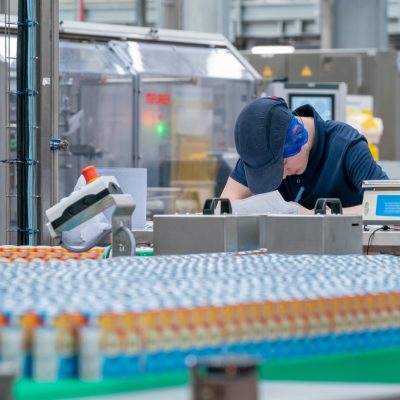
Sustainable strategic vision
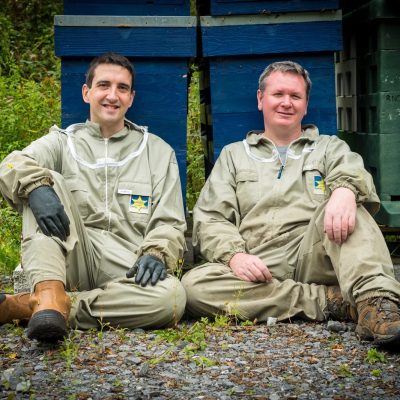
Green workforce
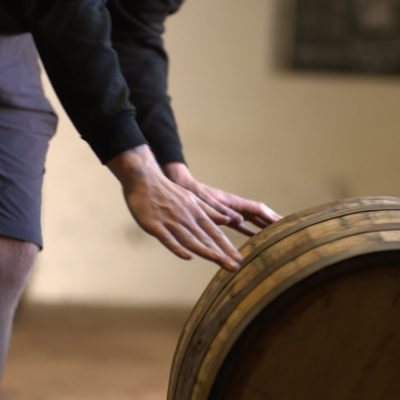
Wider support available
